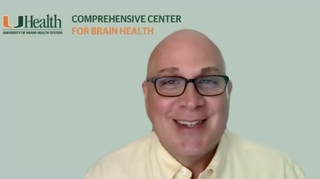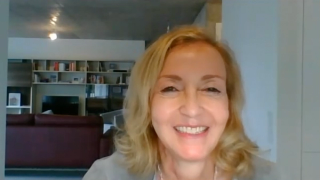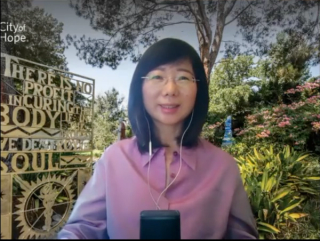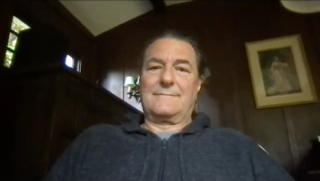
Dementia and Alzheimer Disease
Latest News
Latest Videos

CME Content
More News

Take 5 minutes to catch up on NeurologyLive®'s highlights from the week ending April 1, 2022.

Annual progression rates to dementia were 14.7% for those with mild behavior impairment and 8.3% for the those without neuropsychiatric symptoms, with reversion rates of 2.5% and 5.3%, respectively, for each group.

The company anticipates the first patient to be screened in May 2022, with a primary end point of cognitive decline at 18 months, measured by the Clinical Dementia Rating-Sum of Boxes.

In preclinical studies, the investigational agent has demonstrated a clearance of both pyroglutamate modified and unmodified Aß plaque in brain tissue concentrations.

The neurologist and assistant professor at the University of Toronto addressed the issues within Alzheimer drug development, the boom of biomarkers, and how retinal imaging can have a multilevel positive impact.
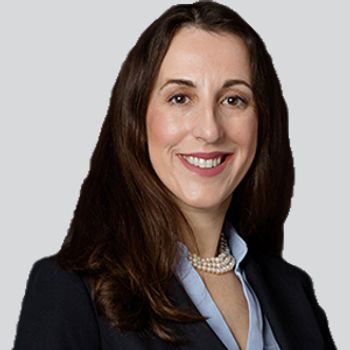
Abnormal scores on cognitive testing persisted in 50% of patients without a pre-COVID history of cognitive abnormalities, irrespective of the presence or absence of a neurological complication during hospitalization.

Here's what is coming soon to NeurologyLive®.
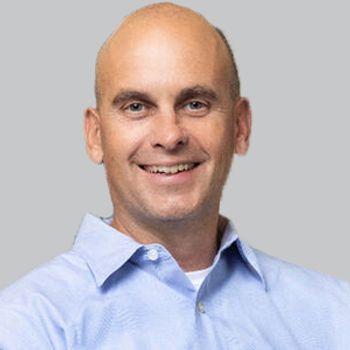
Jefferson Kinney, PhD, founding chair of the department of brain health at UNLV, discussed the ways a new NIH grant will assist in building a robust neuroscience research infrastructure at the Center for Neurodegeneration and Translational Neuroscience.

Test your neurology knowledge with NeurologyLive®'s weekly quiz series, featuring questions on a variety of clinical and historical neurology topics. This week's topic is headache and migraine.

Take 5 minutes to catch up on NeurologyLive®'s highlights from the week ending March 25, 2022.
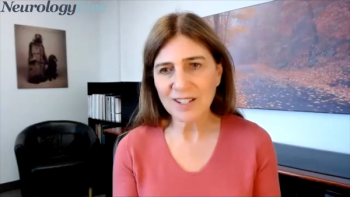
The neurologist and assistant professor at the University of Toronto discussed the different valued biomarkers to assess Alzheimer disease and whether the introduction of retinal imaging changes clinician perception of the most valuable biomarkers. [WATCH TIME: 3 minutes]

Catch up on any of the neurology news headlines you may have missed over the course of the last month, compiled all into one place by the NeurologyLive® team.

The founding chair of the department of brain health at UNLV discussed a recently awarded NIH grant dedicated to advancing neuroscience research for the long-term future.

In addition to the moderating role of age and sex, investigators found that high-sensitivity C-reactive protein moderated some associations between OSA risk and attention and episodic memory.
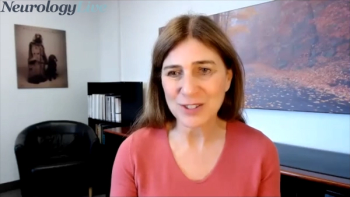
The neurologist and assistant professor at the University of Toronto provided perspective on the multiple different ways retinal imaging can alter and improve the efficiency of research for Alzheimer disease. [WATCH TIME: 2 minutes]

Here's what is coming soon to NeurologyLive®.

Test your neurology knowledge with NeurologyLive®'s weekly quiz series, featuring questions on a variety of clinical and historical neurology topics. This week's topic is optic neuritis and neuromyelitis optica spectrum disorder (NMOSD).

Take 5 minutes to catch up on NeurologyLive®'s highlights from the week ending March 18, 2022.
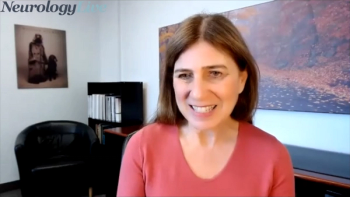
The neurologist and assistant professor at the University of Toronto commented on the next research efforts needed to further validate and demonstrate the diagnostic capabilities of RetiSpec. [WATCH TIME: 3 minutes]

The newly awarded grant will build upon the efforts of phase 1, the foundation of a research infrastructure, which consisted of several different innovative projects aimed at understanding commonalities of neurodegenerative disorders.

Amyloid-related imaging abnormalities, a concern for patients receiving aducanumab, were nearly all resolved during the 132-week period.

The neurologist and assistant professor at the University of Toronto discussed advantages hyperspectral retinal imaging tools like RetiSpec offer and when clinicians can expect to see them in clinical settings.
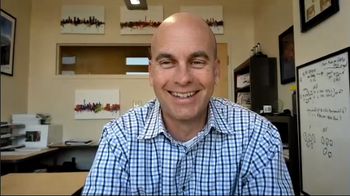
The founding chair of the department of brain health at the University of Nevada Las Vegas discussed the plethora of Alzheimer disease biomarkers and the need for consensus on the value of each. [WATCH TIME: 3 minutes]

After being originally approved as a generic medication in 1996, a new transdermal formulation of donepezil is expected to be available for patients with Alzheimer disease in the fall of 2022.
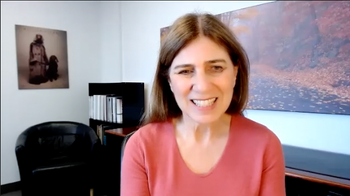
The neurologist and assistant professor at the University of Toronto provided insight on the clinical use of retinal imaging tools like RetiSpec and the need for further validation of these approaches in Alzheimer disease. [WATCH TIME: 2 minutes]






